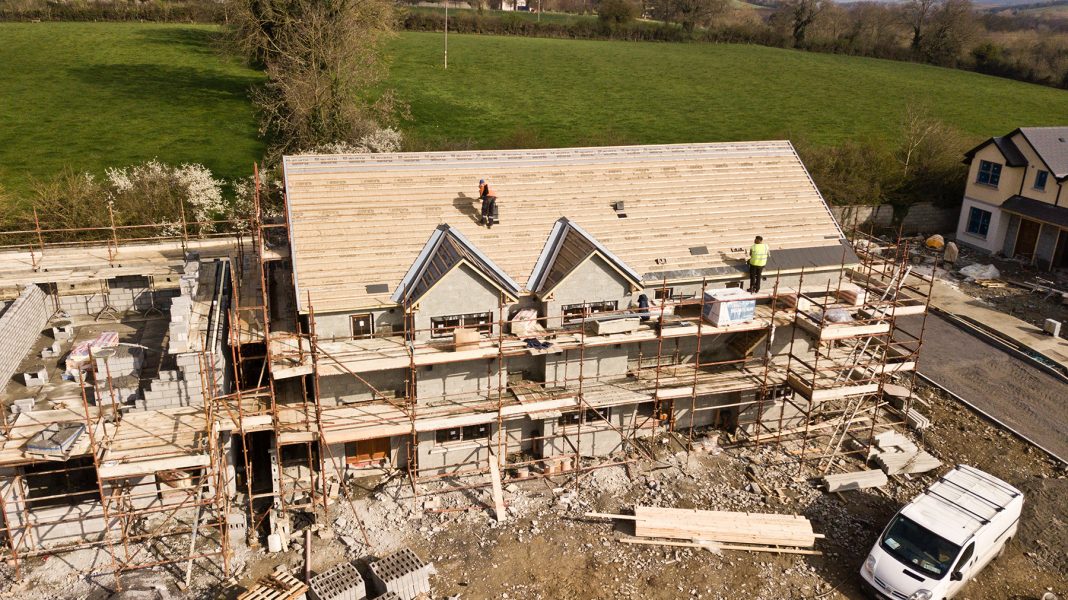Supply and demand imbalances led to the highest materials costs inflation for a quarter century in April after seven consecutive months of uninterrupted increases, according to the latest HIS Markit report.
Following last week’s warning from the Federation of Master Builders that consumers must be prepared for price hikes read story the report notes that the rise in overall new orders across construction was the fastest since 2014 but adds: “the rate of input cost inflation picked up for the seventh month in a row to its highest since the survey began in April 1997.”
At the same time, the latest lengthening of suppliers’ delivery times was the third-greatest in the same period, exceeded only by those seen during the lockdown in April and May last year.
The report continues: “Construction firms mostly cited demand and supply imbalances, but some suggested that Brexit issues had led to delays with inputs arriving from the EU. Higher prices paid for a wide range of construction items contributed to the fastest overall rate of cost inflation since the survey began in April 1997. Steel, timber and transportation were among the most commonly reported items up in price.
Tim Moore, economics director at IHS Markit, which compiles the survey, said: “Shortages of construction materials and much longer wait times for deliveries from suppliers were a sting in the tail for the sector. Aggregates, timber, steel, cement and concrete products were all widely reported as in short supply by survey respondents.
“Supply and demand imbalances for construction items, alongside higher transport costs, resulted in severe price pressures across the board during April. The overall rate of input cost inflation reached its fastest since data collection began 24 years ago, exceeding the previous record seen at the top of the global commodity price cycle in 2008.”












